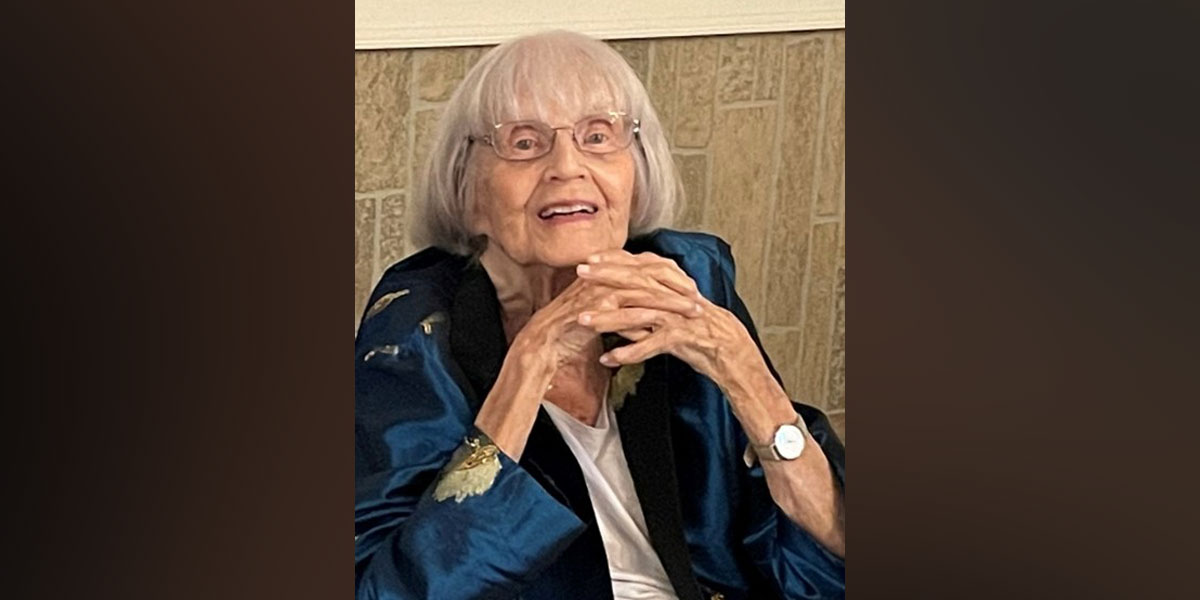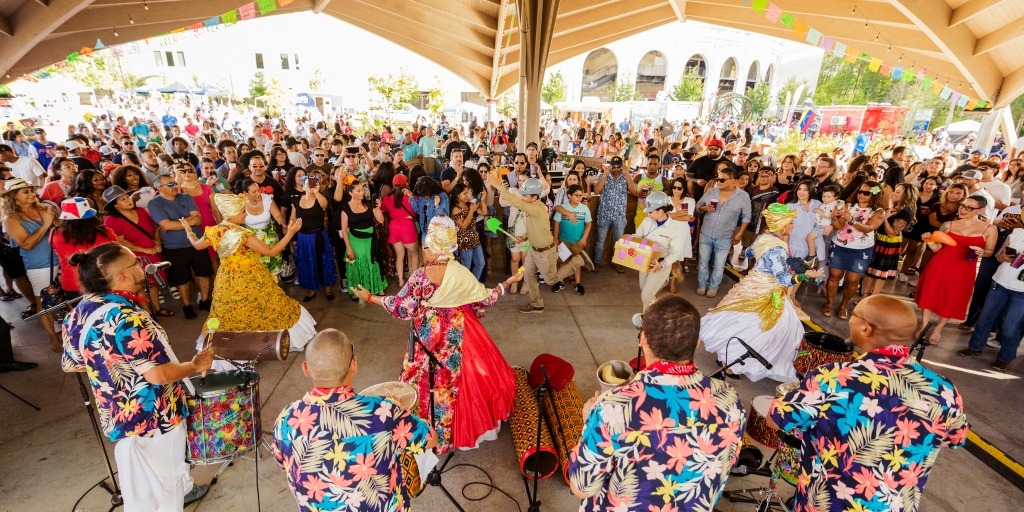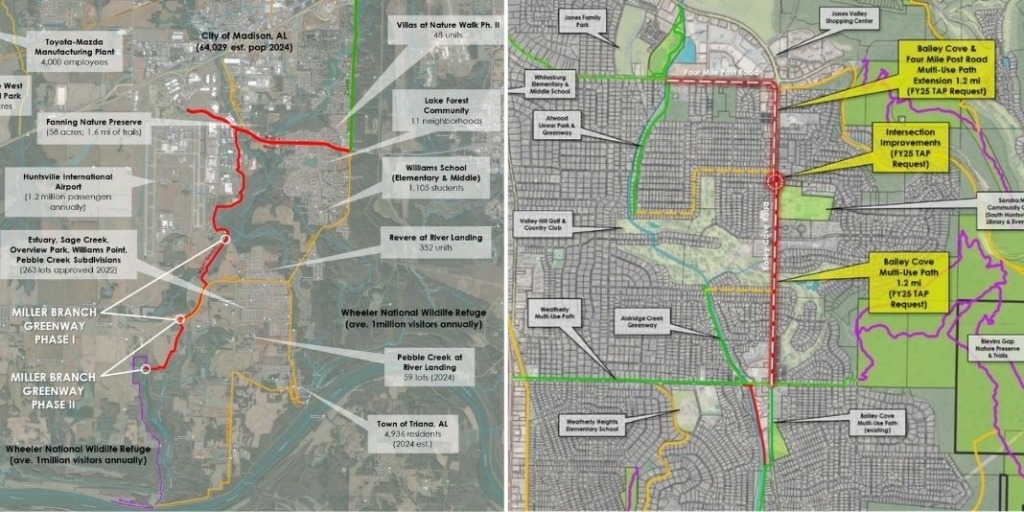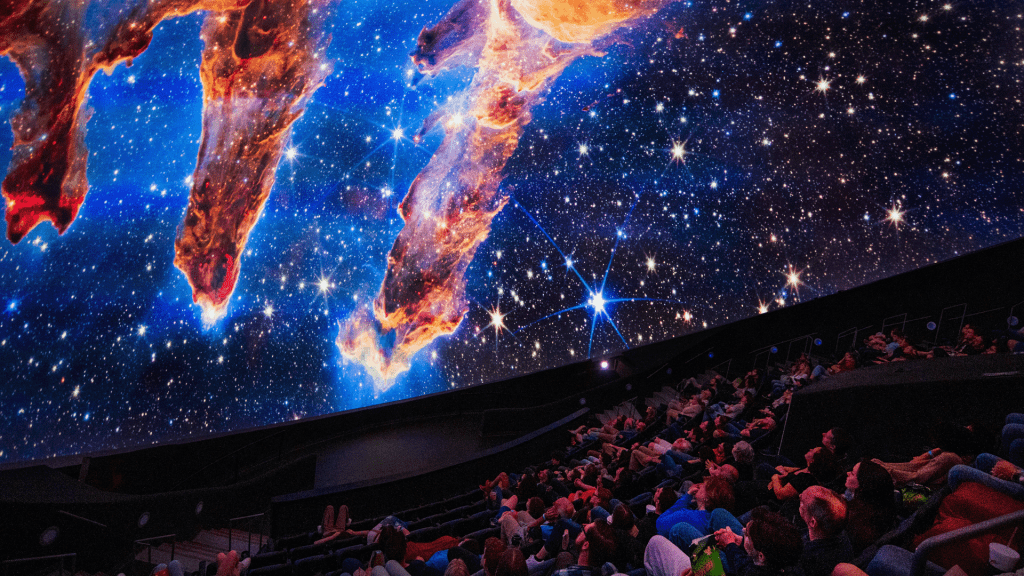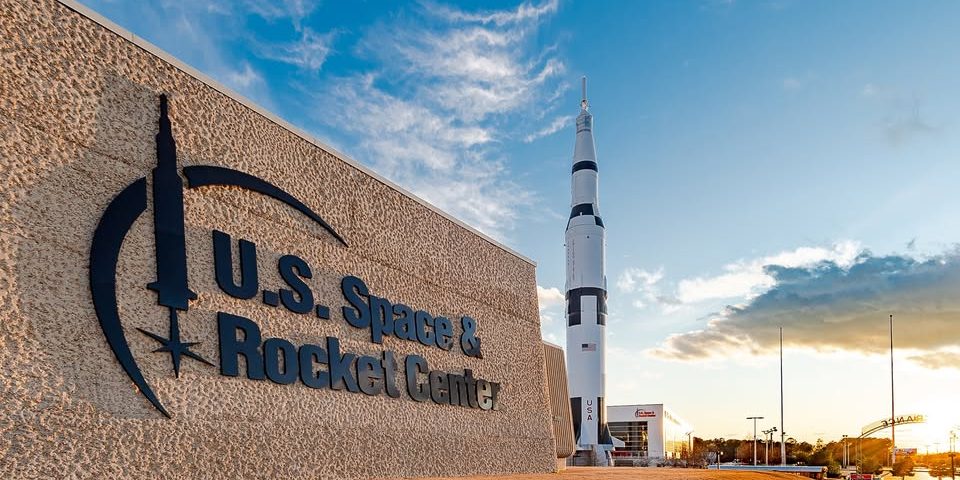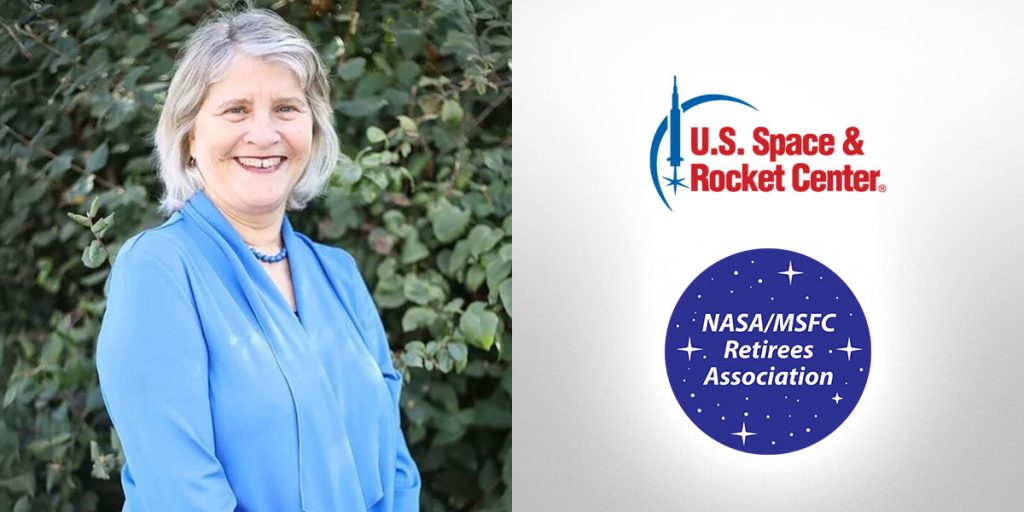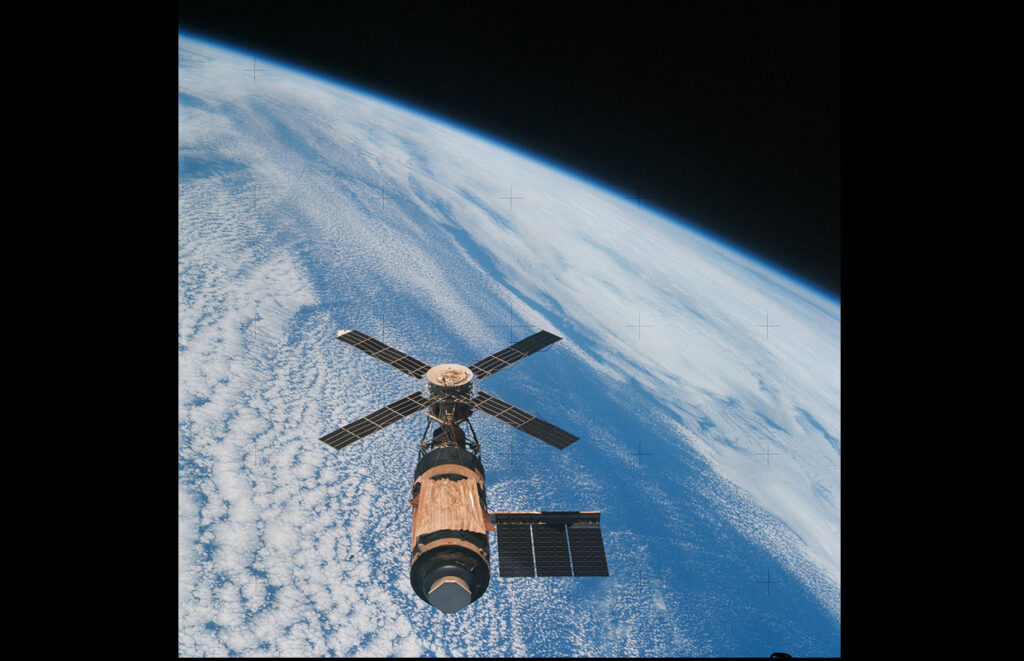ALEXANDRIA, Va. – Maria von Braun, widow of Dr. Wernher von Braun, died Jan. 20 at her home in Alexandria, Va., the U.S. Space & Rocket Center announced. She was 96.
She was preceded in death by her husband and two brothers and is survived by two sisters, her children and their spouses, and extended family in Germany and the United States.
She passed away peacefully surrounded by her family and caregivers who looked after her for the last five years. The family held a private graveside service and will hold a Celebration of Life this summer.
“Maria von Braun was a beloved friend, philanthropist, and advocate for the U.S. Space & Rocket Center,” said Dr. Kimberly Robinson, Rocket Center CEO and executive director. “Maria’s enduring legacy in Huntsville has shaped the city’s rich history in space exploration and education.”
Together with her late husband, Maria was a cornerstone of the Huntsville community for many years. She was instrumental in supporting the mission of the U.S. Space & Rocket Center.
Her family has requested that memorial donations in Mrs. von Braun’s name to the newly renovated Rocket Park at the U.S. Space & Rocket Center, Space Camp scholarships, or the Huntsville Symphony Orchestra. Her vision and commitment to these causes will continue to benefit countless individuals and families for years to come.
“We extend our heartfelt condolences to her family and all who had the privilege of knowing her,” Robinson said. “She will be greatly missed.”
Several years ago, Maria shared her life story:
“I was born on June 10, 1928, in Berlin as the second child and first daughter of Alexander and Theda von Quistorp. I was baptized by the pastor of the Kaiser Wilhelm Memorial Church with the names Maria Irmengard Emmy Luise Gisela. The family was ecstatic to welcome the first girl in my generation, after ten male cousins. As my mother recalled, this event led to me (and the relatives) being honored not just with a tea at the baptism, but with a formal dinner.
“Although we were later separated by an ocean, the five Quistorp siblings were extraordinarily close and I was especially close to my older brother, Albrecht. My school days in Berlin were marked by the Nazis beginning in 1934 and by the war in 1939. Toward the end of the war, it became apparent that the Russians would come to Berlin and Pomerania. Escape options were considered. Our parents were able to send my sister (age 6) and me (age 16) to relatives in East Frisia on the last train west. My mother hitchhiked out, carrying her fifth child (third daughter). My brothers arrived later. Our father remained missing for years.
“I knew Wernher von Braun from my childhood. In 1945, he began working as a rocket specialist in the U.S. From there, he wrote to me and sent a marriage proposal to his parents in Landshut, Germany, where I was visiting. We married on March 1, 1947, under military guard in Landshut. The Americans did not see it as dangerous that he was getting married but were concerned that the Russians were also looking for rocket engineers and were trying to kidnap them.
“Our married life began in El Paso, Texas, together with my parents-in-law, my brother-in-law, and a hundred members of the rocket team. In December 1948, our first daughter, Iris, was born. Both in El Paso and from 1950 in Huntsville, Alabama, we lived in a community of German engineers without much work pressure. This changed abruptly when the Soviets launched their first satellite, Sputnik, into space on Oct. 4, 1957. The space race suddenly became a national objective and Wernher became an international celebrity with the successful launch of the first U.S. satellite, Explorer 1.
“Our lives changed fundamentally. Countless press articles about us appeared in both the U.S. and Germany. We traveled all over the world. We found peace on weekends on our houseboat at Guntersville Lake in Alabama (back then there were still no mobile phones!), water skiing, and flying after I got my pilot’s license. Margrit and Peter were born during our Huntsville years. It was a happy time. It was an enormous emotional experience when my father visited us together with my mother and two sisters in May 1956 after being released from his Russian imprisonment.
“In 1970, we moved to Alexandria, Va. In 1977, Wernher died after a long illness. Since then, I have lived alone in Alexandria, yet I am not lonely because I am looked after by my children and many friends. I teach yoga at a community center and continue to travel. The children in my neighborhood see me as a friend and caregiver.”
Memorial donations may be made to the U.S. Space & Rocket Center Education Foundation at this link.


